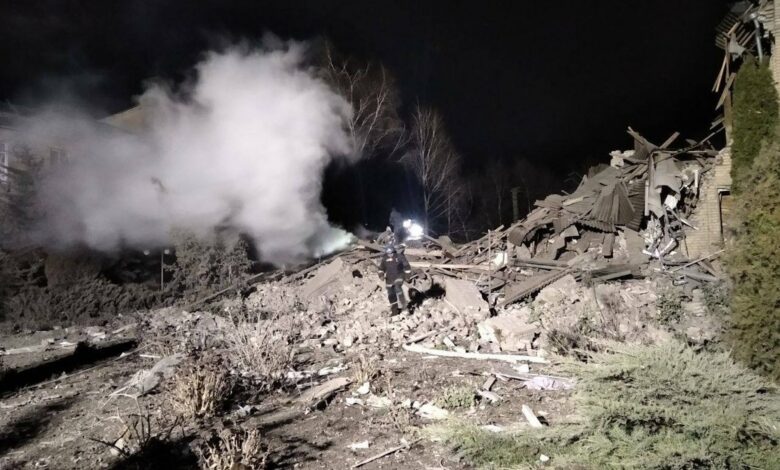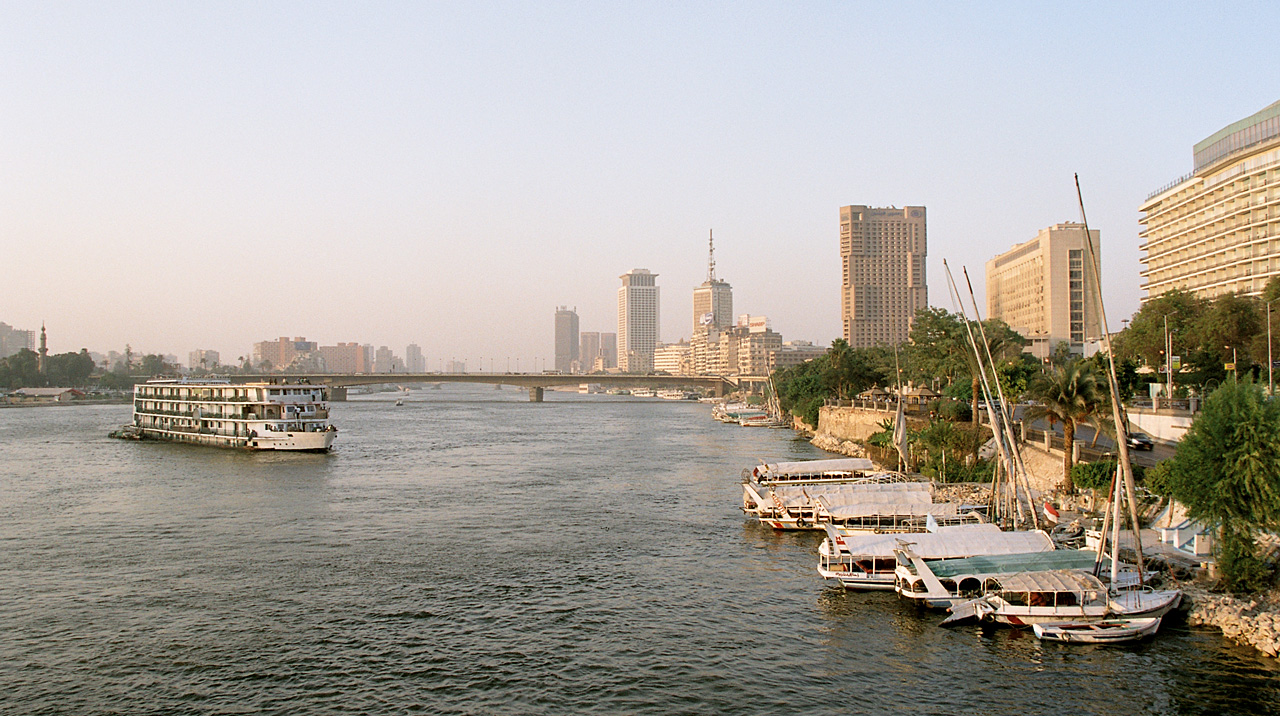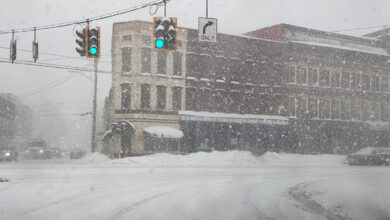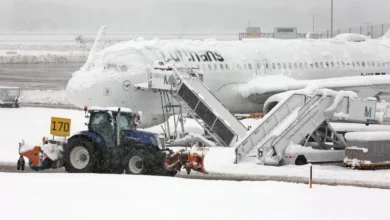
November and December are known as the most depressing months in Moscow. The days are short and dark, and the weather is too cold and wet to be outdoors much but still too warm and rainy to enjoy the real Russian winter.
This year, the feeling of melancholy is increased by the sight of shuttered shops on many of the capital’s streets, as businesses face the economic fall-out from massive Western sanctions in response to the war in Ukraine, which Russian officials still call the “special military operation.”
“The mood in Moscow and the country is now extremely gloomy, quiet, intimidated, and hopeless,” said 34-year-old Lisa, who declined to give her last name and said she was a film producer. “The planning horizon is as low as ever. People have no idea what might happen tomorrow or in a year.”
While the shelves in most stores remain well stocked, Western products are becoming increasingly scarce and very expensive, further driving prices that are already hammering many Russian households.
“Familiar goods disappear, starting from toilet paper and Coca-Cola, ending with clothes,” said Lisa.
“Of course, you can get used to all this, this is not the worst thing at all,” she said.
But she also took a jab at Western governments and companies that have left the Russian market in response to the invasion of Ukraine.
“I do not really know how this helps in resolving the conflict, because it affects ordinary people, not those who make decisions,” Lisa said.




